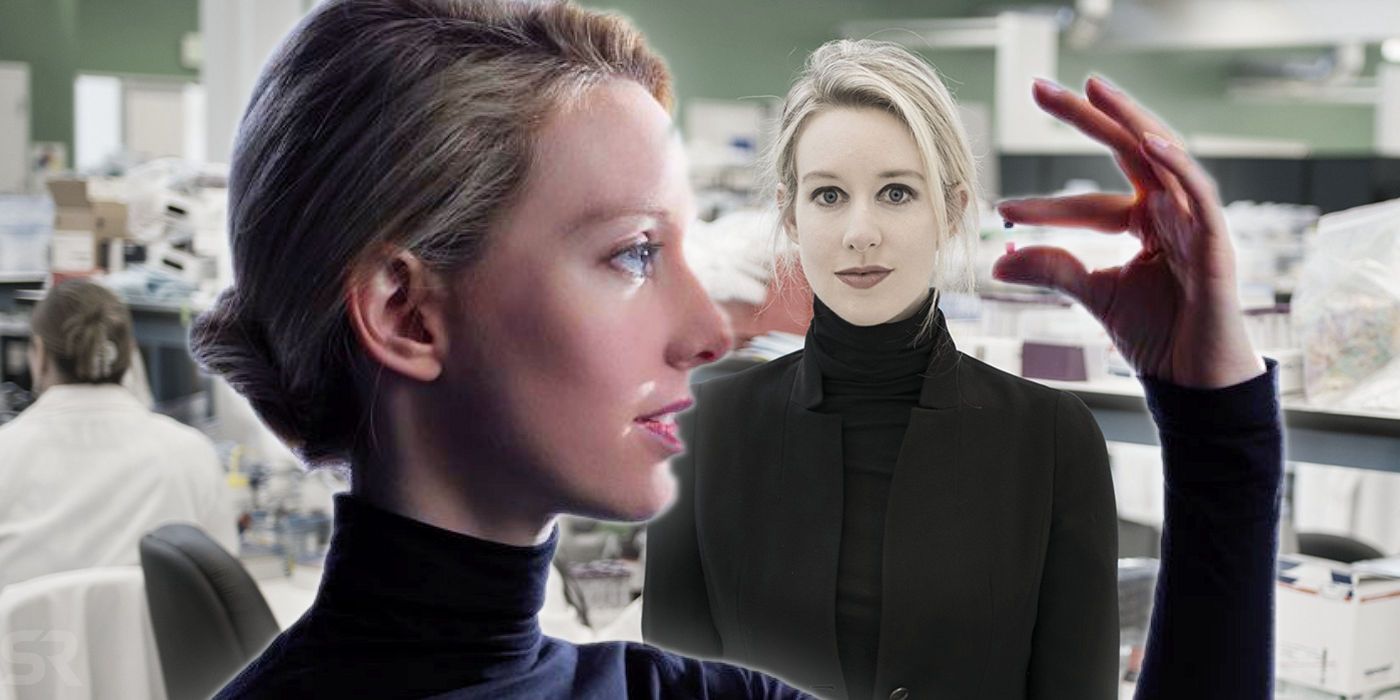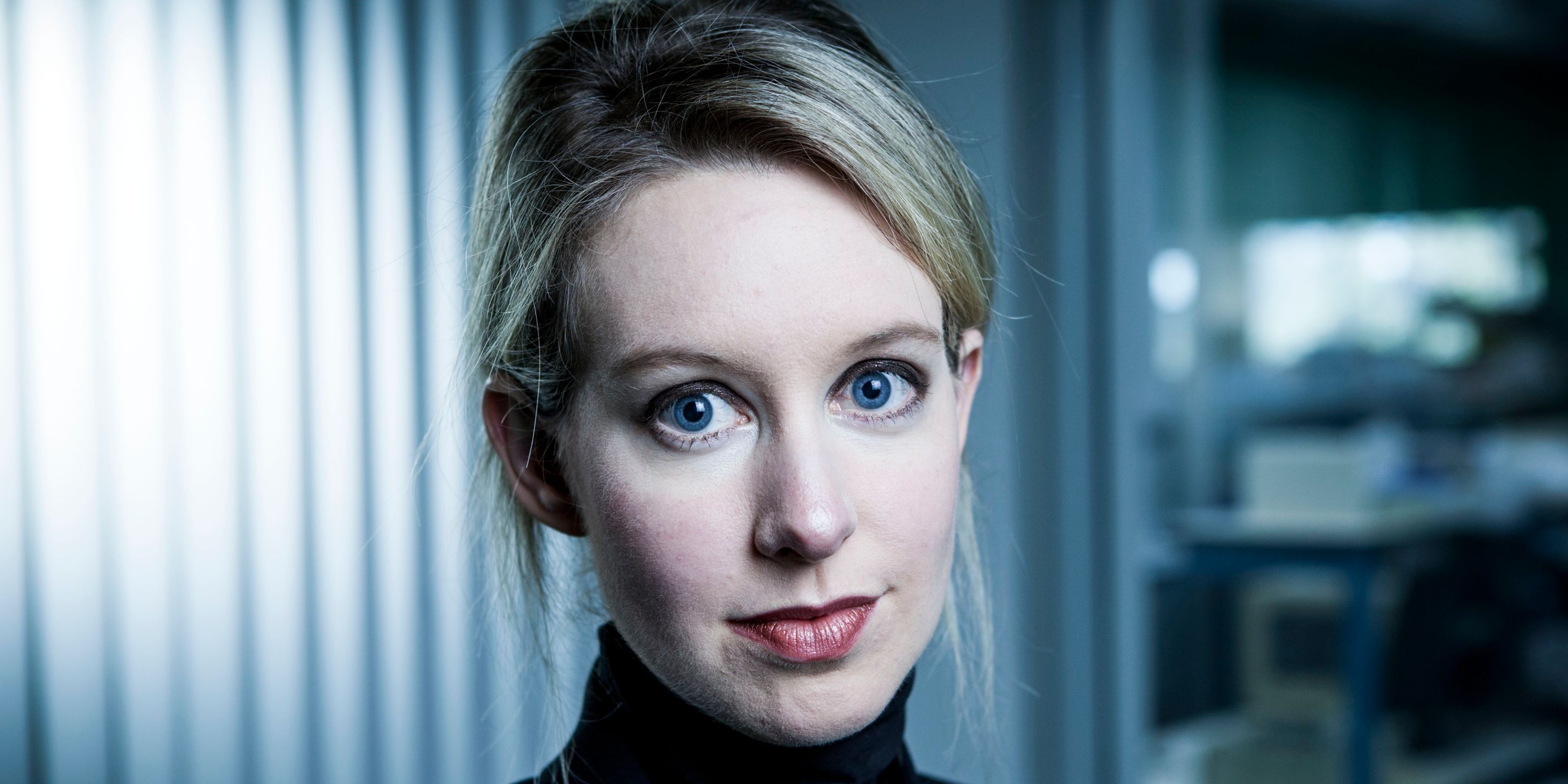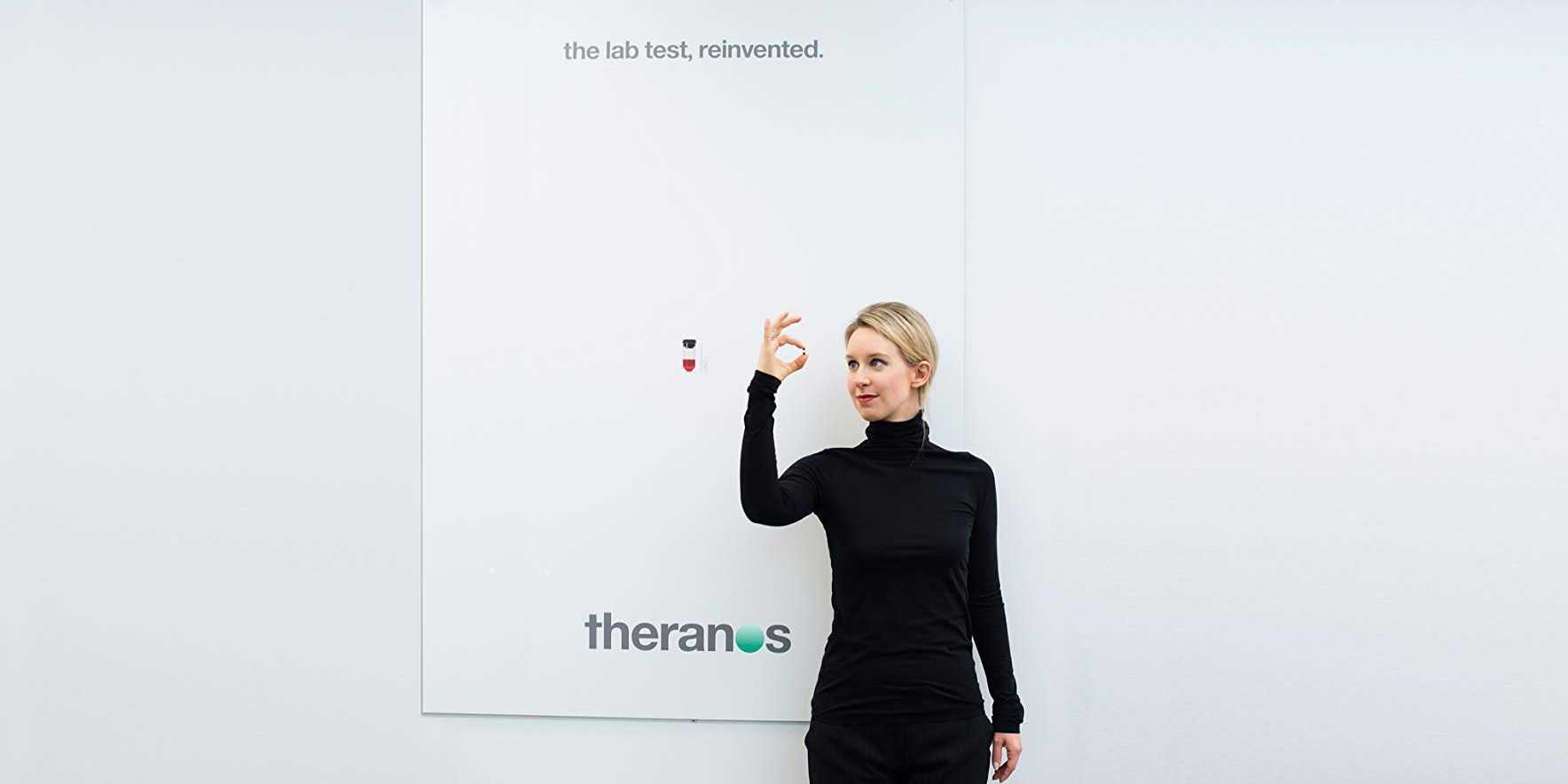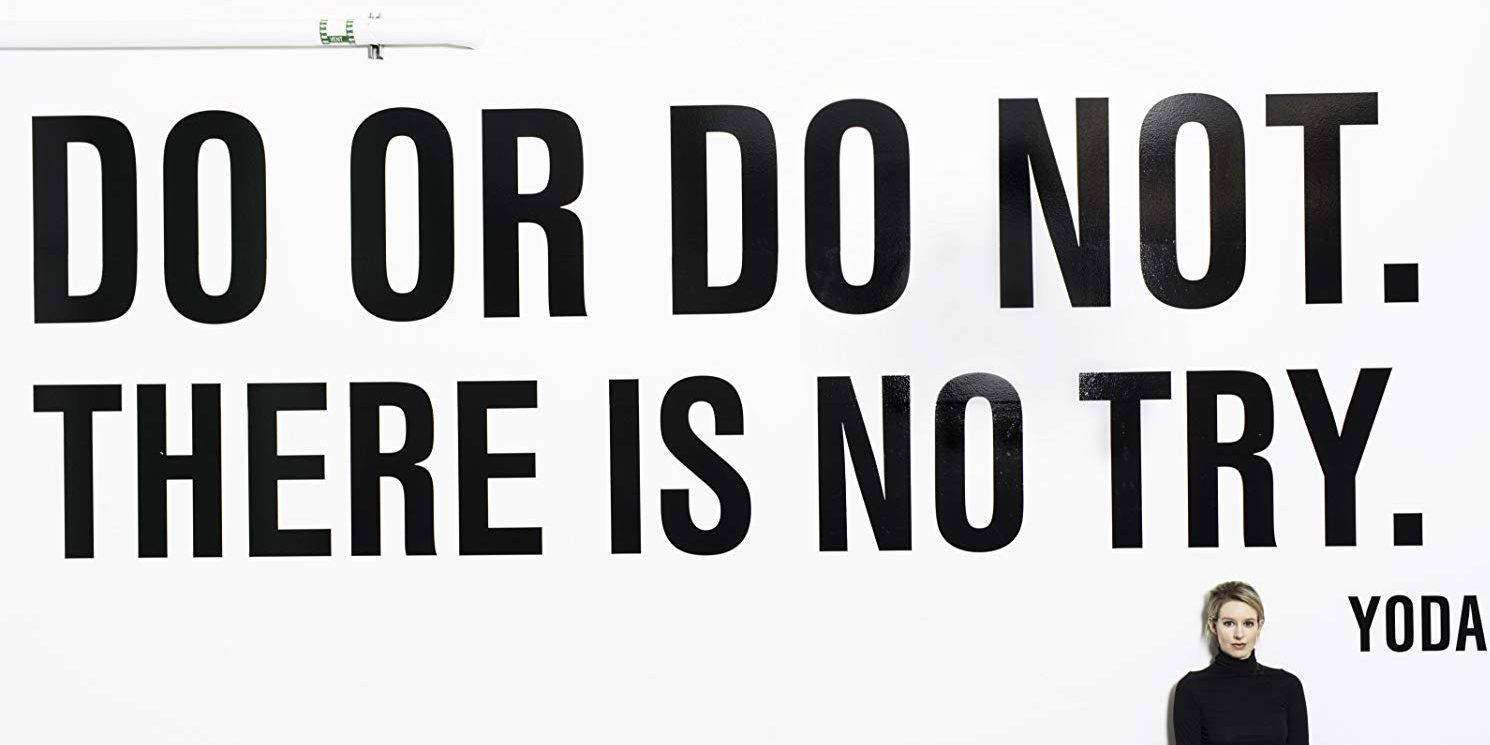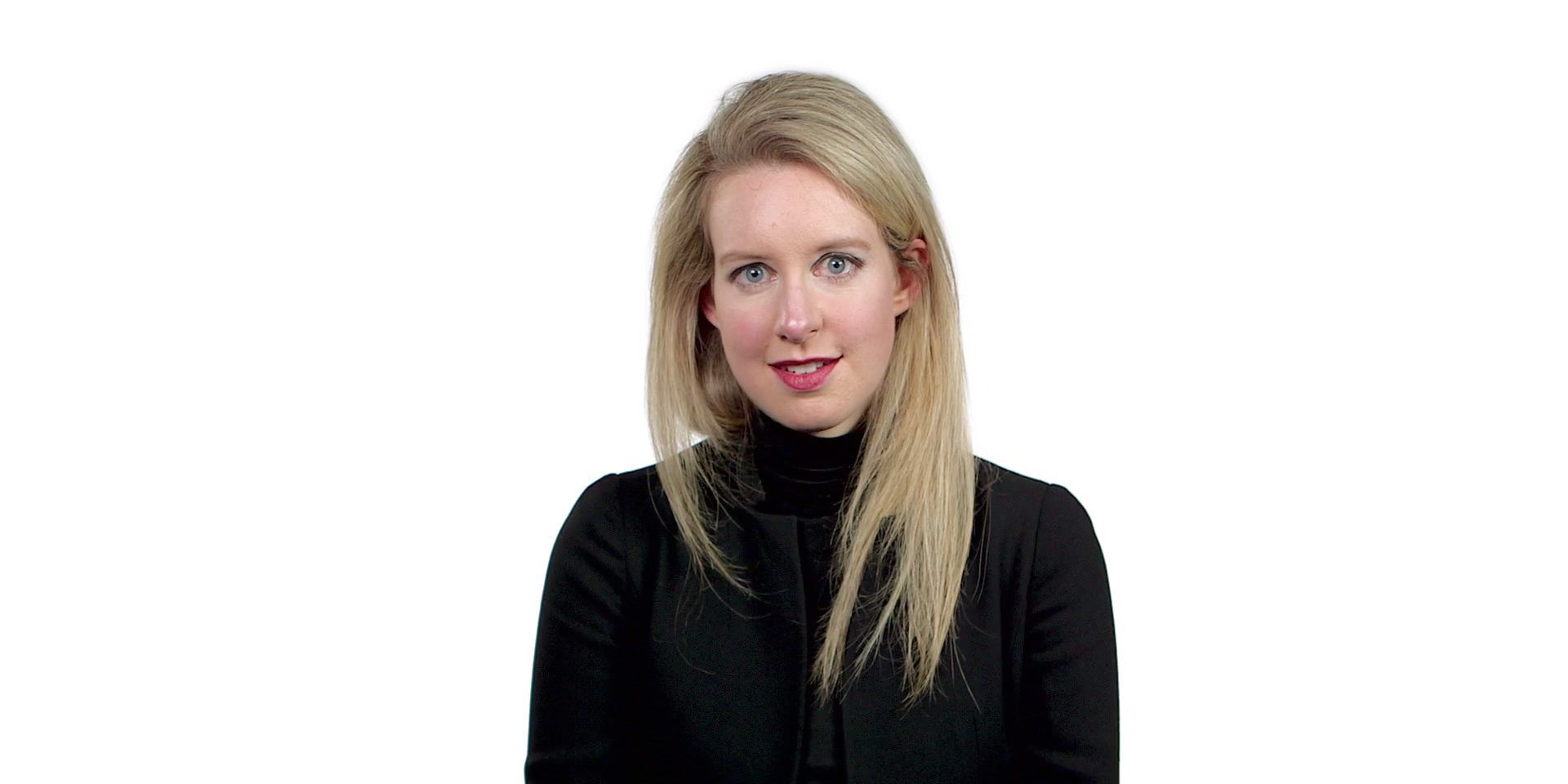HBO’s The Inventor: Out for Blood in Silicon Valley follows the rise and fall of Theranos founder Elizabeth Holmes. Directed by Alex Gibney, The Inventor: Out for Blood in Silicon Valley is a documentary that shows how the American entrepreneur managed to secure funding for unproven blood test technology.
Now 35 years old, Holmes has been indicted by a grand jury on nine counts of wire fraud and two counts of conspiracy to commit wire fraud. The Inventor chronicles Holmes’ ascent in Silicon Valley as well as the leadership skills she utilized to gain trust for creative and scientific concepts that weren’t fully developed.
Related: Netflix's Madeleine McCann Documentary: The Evidence & Suspects
Gibney, meanwhile, has become one of the most acclaimed documentarians of the 21st century, and he's made it a part of his career to expose dishonest people like Holmes, which ultimately led to The Inventor documentary. Here are the biggest reveals from the new HBO documentary, The Inventor: Out for Blood in Silicon Valley.
Elizabeth Holmes Loved Her Prodigy Image
The Inventor spends little time on Holmes’ formative years. Instead, The Inventor focuses on the subject’s public persona. Behavioral economist Dan Ariely sets the narrative tone by analyzing Holmes’ prodigy image, which she used to her advantage while targeting consumer hopes and fears. One of Theranos’ primary selling points was that simple finger pricks could be used during blood tests, rather than scary needles. It’s a groundbreaking concept, and Holmes modeled her public persona on culture-changing business moguls, both from the past and present.
While Holmes may indeed be a genius, The Inventor reinforces the idea that she seemed to especially enjoy being compared to Apple co-founder Steve Jobs and industry pioneer Thomas Edison. Like Jobs, Holmes often wore all black while running Theranos, though she claims a long history of wearing black turtlenecks. Additionally, two interview subjects from HBO's documentary note that Holmes didn’t blink her eyes upon first meetings, which could either be a simple personality trait or a calculated move to promote a prodigy image. Theranos' founder didn’t come across as a shy genius during her ascent, but rather as a self-aware leader who knew how to command attention. In The Inventor, Holmes discusses how she studied both Moby Dick and the works of Homer to learn about leadership.
At Stanford, Holmes’ self-confidence was called out by Dr. Phyllis Gardner, MD. Early on in The Inventor, the professor claims that Holmes developed a flawed patent while attending Stanford and rejected constructive criticism. The interview parallels footage of Holmes discussing her collegiate patent idea, which Gardner claims was “impossible" to develop. Gardner, then, recalls that a 19-year-old Holmes might've been ready to “conquer the world” but clearly wasn't listening to feedback.
Elizabeth Holmes Assembled An All-Male Leadership Dream Team
After being rejected by Gardner, Holmes began to seek advisement from powerful males. The Inventor details how the young student managed to impress Channing Robertson, the head of the science department at Stanford who left the prestigious institution to become a Theranos advisor. He’s almost giddy while speaking about his first meeting with Holmes, and once compared her to the Greek inventor Archimedes, according to Fortune journalist Roger Parloff.
The Inventor shows footage of Holmes comparing herself to the aforementioned Jobs, along with Bill Gates. While searching for early investors, Holmes managed to impress Apple’s Avie Tevanian and Oracle founder Larry Ellison. Ultimately, she decided to drop out of Stanford and subsequently built professional relationships with retired U.S. Marine Corps general Jim Mattis, former Wells Fargo CEO Richard Kovacevich, former U.S. Senator Sam Dunn, former U.S. Secretary of Defense William Perry, former U.S. Secretary of State Henry Kissinger, and former U.S. Secretary of the Treasury George P. Shultz.
Though Holmes had big ideas, The Inventor reminds viewers that her all-male dream team wasn’t necessarily qualified to back the rumored scientific data at the heart of Theranos. Holmes’ former Stanford professor, Gardner, states that “she didn’t really want scientific output,” and that “she aligned herself with very powerful older men who seemed to succumb to a certain charm.” After having a patent rejected at 19 years old, Holmes managed to befriend powerful business figures who would support Theranos’ long-term potential.
Page 2 of 2: Even More Reveals From HBO's The Inventor Documentary
Theranos’ Walgreens Launch Raised $400 Million Based on Rumored Technology
Midway through The Inventor, Gibney shifts his attention to Theranos’ secretive blood analysis machine called The Edison. A journalist recalls Holmes’ vague description of the groundbreaking technology, and former employees admit on camera that they were actually using traditional blood test machines. In addition, The Edison is dubbed “totally unpractical” in The Inventor by a former Theranos employee. In 2013, biochemist Ian Gibbons committed suicide after being notified about an impending deposition involving his work at Theranos, a dark truth that is only briefly addressed in HBO's documentary.
In 2013, Walgreens partnered with Theranos, but without testing Holmes' technology. According to The Inventor, the Walgreens launch ultimately raised $400 million, but it did so without the existence of a fully-functional Edison machine. Theranos' former CCO describes how the company rebranded itself by using the words “simple,” “human,” and “optimistic.” Meanwhile, iconic documentarian Errol Morris was hired to film a Theranos commercial, which is featured throughout The Inventor and highlights revealing interview clips with Holmes.
Rather than using finger pricks for tests, it’s revealed in The Inventor that Theranos was using regular needles, which negates the very premise that Holmes discusses in interviews. In addition, comparative blood analysis showed wildly different results. Theranos continued to project a certain image to the public, all the while creating an unhealthy internal environment.
Paranoia Permeated Throughout Theranos
During The Inventor’s final act, a journalist recalls approaching Holmes about conflicting data, and former Theranos employees discuss the company’s internal surveillance (keystroke watching and intense Non-Disclosure Agreements). In addition, Theranos Whistleblower Erika Cheung talks about Holmes’ public image and the reality of what happened behind the scenes. Cheung remembers thinking “it’s all a show.”
When Theranos hired power lawyer David Boies (who was later hired by Harvey Weinstein), Cheung remembers being especially scared, along with fellow whistle blower Tyler Schultz - the grandson of the aforementioned Theranos investor, George P. Shultz. Cheung describes how Theranos “snowballed” into a crazy lie, and Gibney shows Holmes’ reinvigorated spirit upon finally receiving FDA approval for one Theranos test.
The Inventor Mostly Doesn’t Judge Elizabeth Holmes
Overall, The Inventor doesn’t fully condemn Holmes, nor does it attempt to fully psychoanalyze her behavior. Gibney's documentary makes it painfully clear that Theranos’ founder believed in her vision, and that she used powerful men to secure money, but that doesn’t necessarily make her a manipulative maniac. Instead, the power moves suggest that she understood how Silicon Valley worked and how she needed to present herself to potential investors and employees.
So, it’s somewhat disappointing that The Inventor doesn't shed more light on Holmes’ formative years, or even her college years. What did fellow students think of Holmes? And did she manipulate people in her personal life? In The Inventor, both the interviewed journalists and former Theranos employees seem to agree that Holmes didn't act maliciously, and that she was probably trying to protect a less than stable working environment in order to sustain a larger goal. But Gibney merely hints at the idea that Holmes might’ve had mental health issues.
Based on the evidence presented in The Inventor, Holmes lied in public even when Theranos seemed to be falling apart. When The Wall Street Journal published a damning investigative report, Holmes continued to make claims that Theranos employees knew weren’t true. So, why? Is Holmes a genius who merely failed to execute her vision, or does she have psychological issues that affected her perception of reality while building Theranos? The Inventor presents the basic facts about Holmes but mostly plays it safe.

